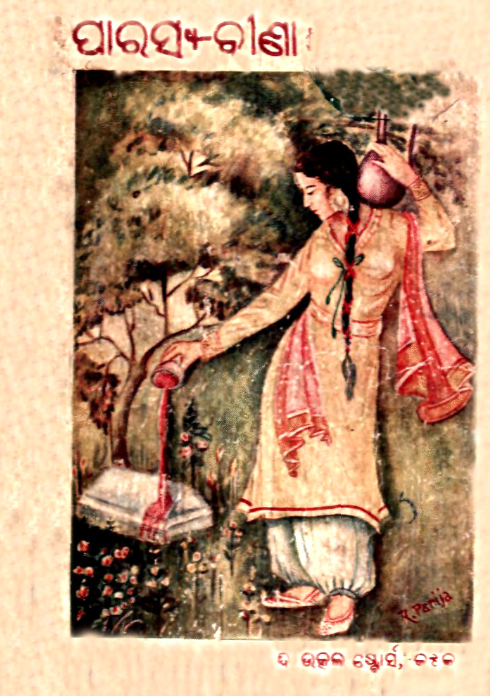Poetry Parasya Bina, published in 1947 by the celebrated translator Jagatabandhu Mahapatra, presents a rich tapestry of philosophical reflections encapsulated in the timeless verses of Omar Khayyam. The work is not merely a translation but an invocation to the essence of Khayyam’s poetry, leveraging the lyrical beauty of the Odia language to bridge cultures and eras.
Omar Khayyam, an 11th-century Persian polymath, is best known for his quatrains, or rubaiyat, which explore themes of love, existence, mortality, and the divine. His poetry is deeply contemplative, inviting readers to ponder the transient nature of life while celebrating its beauty. “Poetry Parasya Bina” captures these existential themes with great sensitivity, allowing the Odia reader to engage with Khayyam’s thoughts on a profound level.
One of the most striking aspects of Khayyam’s poetry is the contemplation of mortality. The verses often echo a melancholic acceptance of life’s impermanence, urging individuals to seize the moment and revel in the beauty that surrounds them. Jagatabandhu Mahapatra’s translation brings this urgency to life, using evocative language that resonates with Odia readers. Phrases that speak of fleeting moments and the inevitability of death highlight the universality of Khayyam’s thoughts, making them as relevant today as they were centuries ago.
While the acknowledgement of life’s transience weighs heavily in Khayyam’s work, so does a passionate celebration of life. The poet invites readers to indulge in the pleasures of existence, from the joy of love to the appreciation of nature’s wonders. Mahapatra skillfully weaves these themes into the fabric of Odia poetry, enhancing the sensory imagery that Khayyam originally employed. The vivid descriptions of wine, roses, and the laughter of companions are rendered with a lushness that prompts readers to experience the emotions firsthand.
At the heart of Khayyam’s work—and subsequently in Mahapatra’s translation—is the quest for meaning amid the chaos of life. The poet’s philosophical inquiries transcend cultural boundaries, prompting readers to reflect on their purpose and place in the universe. Through meditative verses, Khayyam urges individuals to explore their spiritual dimensions while remaining grounded in the pleasures of the earthly experience. Mahapatra’s adept handling of these concepts ensures that they resonate with the contemporary Odia audience, inviting a dialogue between the ancient and the modern.
Poetry Parasya Bina not only introduces Khayyam’s thoughts to the Odia-speaking populace but also acts as a bridge fostering cultural exchange between East and West. The translation serves as a testament to the timeless nature of poetry as a medium for expressing human experiences and emotions. Mahapatra’s dedication to preserving the essence of Khayyam’s poetry while enriching it with Odia sensibilities elevates this work beyond a mere translation. It becomes a celebration of language, culture, and the shared human experience.
Books Info
| Books name | Parasya Bina / ପାରସ୍ୟ ବିନା |
| Author | Omar Khayam; Jagatabandhu Mahapatra |
| No Of pages | 71 |
| Publisher | Saraswata Bhandar |
| Publication | 1947 |
| Printed At | NA |
| Distributor | NA |

